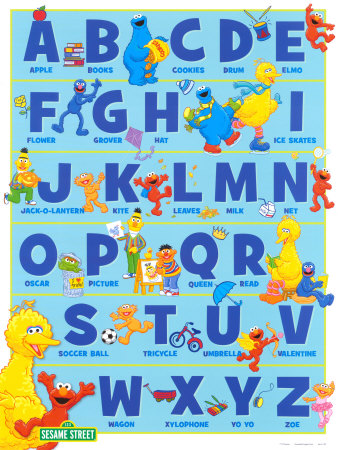 FICTION
FICTION « In Which We Look At The Meaning Behind Them »
 Saturday, October 20, 2012 at 10:29AM
Saturday, October 20, 2012 at 10:29AM 
Hidden Imagery at the Letter Level
by RACHEL B. GLASER
When reading, a pair of eyes will take in the shape the paragraphs graph on a page. Then consider the linear spreads of sentences within. Then the words, how they’re fitted together in clumps, stuck together with articles. Few eyes zoom in to the letter level. Linguists think letter imagery ended with Hieroglyphs, that perhaps they are re-emerging as emoticons, but that’s just a joke a Linguist might tell her nephew.

For instance, the word “n-e-e-d-l-e” contains a lower case L that stands in as a needle, and “ee” the scream it conjures. In “pussy,” the “ss” become pubic hairs. The “oo” in boobs. The “a” “l” pairing in “small” and “tall” show height difference. The alphabet is twenty six shapes miming a play. “Y” has developed intrinsically to itself. Sticky, smelly, the “y” makes every word more itself, a runny “v.”
O works best to show space, as in the fore-mentioned “boobs,” plus “room” “tomb” “moon” “zone” “cone” “door” and “out.” The letter “o” is unique in that its design mimics it’s mouth shape. O is an exclamation and also the element symbol for Oxygen. O shows space in “obese” “orbit” “oblong.” O is used in things that spread out, “ocean” “oil” “orgasm” “omelet”.

These letter identities trace back pre-Latin, an early English decision to give letters their own lives. Early fonts were a size equivalent to 40 points. A word was its own two-dimensional expression. Early usage of the letter “i” used its dot to represent a round or small object. The words “ball” “dot” and “star” all included the letter, also “marble” “crumb” “speck” etc.
One will assume quite wrongly that word symbols evolved from cave-drawings and Egyptian picture language. Early cave drawings were not just lines and scratches, a shorthand.
On the contrary, early cave drawings were so rendered that they are more in line with photo-realism. A man could not draw a buffalo without crowding its whole body with baby hairs. The stick man was never arrived at in early drawings. Instead the cavemen and women marked their representations with jagged contours, celebrating their skeletons and the complicated shadows in light.
Dozens of other ancient letter identities have been lost besides “i”, the letter “j” used to be used in many tool names. The first word for fish hook was “mj,” “j” as hook and “m” the mouth of the fish. Besides the twenty six we still use, many have dropped from the alphabet. There was one letter lighter in shade which was used primarily for smoke and cloud words and other wispy phenomenon. One can correctly assume the alphabet will lose more. Letters like “n” and “m” might combine in an “n” and a half letter, the extra curve not quite reaching the ground.

In stride with letters, punctuation marks have also evolved from images and expressions. Parentheses hug their aside (like hands on ears) to quiet the statement and keep it still inside the sentence. The exclamation point was initially meant as a person so excited they peed onto the ground below them in surprise!
A question mark (?) shows another being’s confusion as they bend to discern what sort of puddle they stand over.
Rachel B. Glaser is a writer living in Massachusetts. You can find her website here. You can purchase her story collection, Pee On Water, here.































Reader Comments